|
I was a long way into my psychology degree before I got to the sports bit. I was interested to understand why participating or watching sport is so ubiquitous and what parts of the human psyche make us think sport is such a great idea. I’ll confess to be slightly disappointed to find that sports psychology is heavy on how to make competitors more effective or how to make reluctant exercisers stick to their plans, but light on why we bother in the first place. Thinking about it, cycling is really hard. Training and competing seems like an enormous investment of energy and time in playing risky, expensive games. So what motivates humans to invest so much effort in to sport and why do we seemingly get so much enjoyment out of it? And could understanding this help us to be better sportsmen and women? Ask a regular competitor why they do it and ‘I enjoy it’ is often the first response. Yeah, but why? Most things humans really enjoy, like food and sex, have a pretty clear link to thriving, surviving and an unwitting but inescapable adherence to ensuring our genes are passed on, but can the same be said of a 10 mile time trial? What possible psychological explanations are there for our addiction to these bizarre but seemingly essential sporting rituals? Evolutionary psychology - If you’re a Darwinian, these are behavioural products of natural selection that support reproduction and the continuation of our genetical material. Our brains were wired up some 200,000 years ago and the circuitry hasn’t been updated since, so the theory is the ability to compete, show strength, mastery and self-control makes you more attractive to the opposite sex and therefore you are more likely to pass on genetic material. Doesn't sound very romantic does it? Also, if you’ve seen a bunch of middle aged club cyclists in skinsuits, seemingly unlikely, but looking at all the other peculiar ways humans seek to demonstrate status, perhaps not so farfetched. A demonstration of strength also makes you more useful to a tribe for both your own survival and mutual protection. The drive to be part of a troop is very strong – it’s why we like to be liked. In evolutionary terms, we’re still on the lookout for nuts, berries and the occasional mammoth steak so finding fit and brave compatriots to help us do this is important. Relating this to finishing 36th in a local road race may seem like a stretch, but think about what the ability to participate in an event like this means when judged against your peers sitting on the sofa. There is a strong evolutionary pressure to demonstrate value and usefulness to both for our own self esteem to others who we may rely on for help, support and protection. Sporting prowess in a modern demonstration of genetic fitness in its broadest sense, cycling is just our chosen medium. Biological psychology – The brain communicates feelings and emotions via chemicals and electrical impulses. It doesn’t need us to understand them, just respond to them to ensure survival. Our brains aren’t interested in making us happy without a good evolutionary reason which is often why we sometimes find it hard to rationalize our behaviour or express our feelings. However, studies have shown exercise stimulates the production of ‘feel good’ brain chemicals like noradrenaline, dopamine and serotonin to the extent that regular moderate exercise is at least as effective in treating depression and is longer lasting than anti-depressant drugs (Blumenthal et al, 1999). We cyclists recognize this as a feeling of exhilaration while cycling or racing and as contentment and fulfilment on completion of a ride or race. It makes us feel good for a reason, our (chemically unaltered) brains rarely make things feel good without good, solid survivalist reasons, it just doesn’t feel to need to tell us about it. For example, when hungry, we can smash down a 12 inch pizza and a couple of cream buns and it feels great, satisfying and necessary - irresistible in fact. This is because our 200,000 year old brain circuitry considers high calorific foods like fats and sugars, to be scarce so we eat it, not some of it, but all of it. What’s more, even though we know food is instantly available and plentiful, we’ll eat it when we’re not hungry because our ancient brains think it might be a while before we come across it again and we have an on-board storage system for calories we don’t immediately need – body fat. The rational part of the modern human brain can distinguish between chancing on a bees nest full of honey and the sweets & treats counter at Sainsburys, but our evolutionary brain can’t. Anybody struggling to cut down on calories will attest to which part of the brain most often wins. Psychologically we’re still chasing mammoths on bikes* and feeling great about it. They might even taste good, but we’ll never know because we’ve eaten them all. *It's us riding the bikes, not the mammoths. Cognitive psychology – One of the things that has made us humans so successful as a species is the ability to believe in fictions. As part of our social evolution, we have become adept at making things up and then believing in them so hard they become ‘true’ or real (money, nations states, religions, law, limited companies and the like). The power of belief is extraordinarily strong and I'm not suggesting we are kidding ourselves but, if we believe we’re doing the right thing by riding, training or racing then we are doing the right thing. This is important. Believing you have value and purpose is fundamental to humans being content, satisfied and, dare I say it, even happy? By choosing to train and race you’re giving yourself a valuable expression of worth, self-belief and esteem. Within your ‘cognitive self’ you’re dealing with the rational, conscious brain that knows riding keeps you fit, keeps you interesting and recognizes the value of reaching goals and the worth of committing effort to achieve them. The ability to use the conscious mind to moderate fast reacting, strong evolutionary impulses requires focus, courage, resilience and determination. These most admirable of human qualities need to be brought to bear to achieve best performance because your evolutionary brain is aware it’s not being chased by a sabre toothed tiger and what you’re asking your body to do is essentially unnecessary for survival. It would very much like you to slow down, better still, stop and conserve precious energy. This ability to exercise control under stress is often referred to as ‘T-Cup’ in team sports – Total Concentration Under Pressure. It’s a learned skill and the meat and drink of sports psychology. The better you are at it, the faster you will be. Social psychology – Self-identity is an important psychological component for humans, and we commonly identify by reference to membership of groups, and the traits groups show. Cycling means different things to different people, but it might be fitness, freedom and healthy competition to some. Equally it might relate to appearance via dress codes, body shape, equipment and the like. Amateur racing cyclists, time trialists, downhill mountain bikers, gravel riders all have subtlety different identities. For some it’s about beards, tattoos and an obsession with coffee. Whatever it is, we’ll identify as part of a tribe and, often, a tribe within a tribe. We know the power of tribe membership and we feel the need to conform with the unwritten rules of the group of which we are a member to show what we are, and what we definitely are not. This goes some way to explaining why people become as passionately involved in watching sport as they do participating in it. Look at how quickly football supporters switch from ‘we’ to ‘they’ when a team stops winning – group identity is a powerful but malleable concept. I’d suggest the traits and behaviours that comes from being a cyclist of any type requires a significant investment of resources and will therefore likely be a strong part of one’s identity. So, what does all this mean for you as a rider? Some riders don’t feel the need to get under the skin of why they ride or race, they just do it, and that works for them. For others, understanding the motivation and the mechanics behind their riding, racing and training are vital to goal setting and remaining committed to a training plan. It’s a cliché, but whilst everybody is different there are some helpful psychological commonalities worth considering. Simply, if you’re looking for an example of the power of mind and how important understanding your own psychological drives can be, think of the difference between performances achieved in training as opposed to those in racing. The highest power figures, max heart rates and quickest times are almost always achieving in a competitive environment - same equipment, same physiology but vastly different mindset. You don’t have to be an elite athlete to benefit from using this knowledge, in fact, if you are elite, you’ve almost certainly gone some way to capitalizing on it already – it’s one of things that makes you elite. Who doesn’t want a boost in performance simply by unlocking the power of the mind? I'd love to hear what you think. Get in touch here if you feel the evolutionary urge. Rich Smith is a final year psychology student and it aware he might of overcooked this one - but then people laughed at aero gains too. He has coached the Great Britain Transplant Cycling team for over 10 years, is a British Cycling qualified Level 3 coach. He spent 30 years responding badly to people in authority in senior roles for Barclays, HSBC, British Waterways and National Grid Property before launching RideFast Coaching.
1 Comment
Deccers
8/18/2021 02:35:19 pm
There are deep thoughts and truths in this - the evolutionary brain does not want to work unless it is a life or death situation - visualising the rider being as being a sabre-tooth tiger may get stimulate better results.
Reply
Leave a Reply. |
AuthorThe ramblings of a cycling coach... Archives
May 2024
Categories |
|
© COPYRIGHT 2022. ALL RIGHTS RESERVED.
|
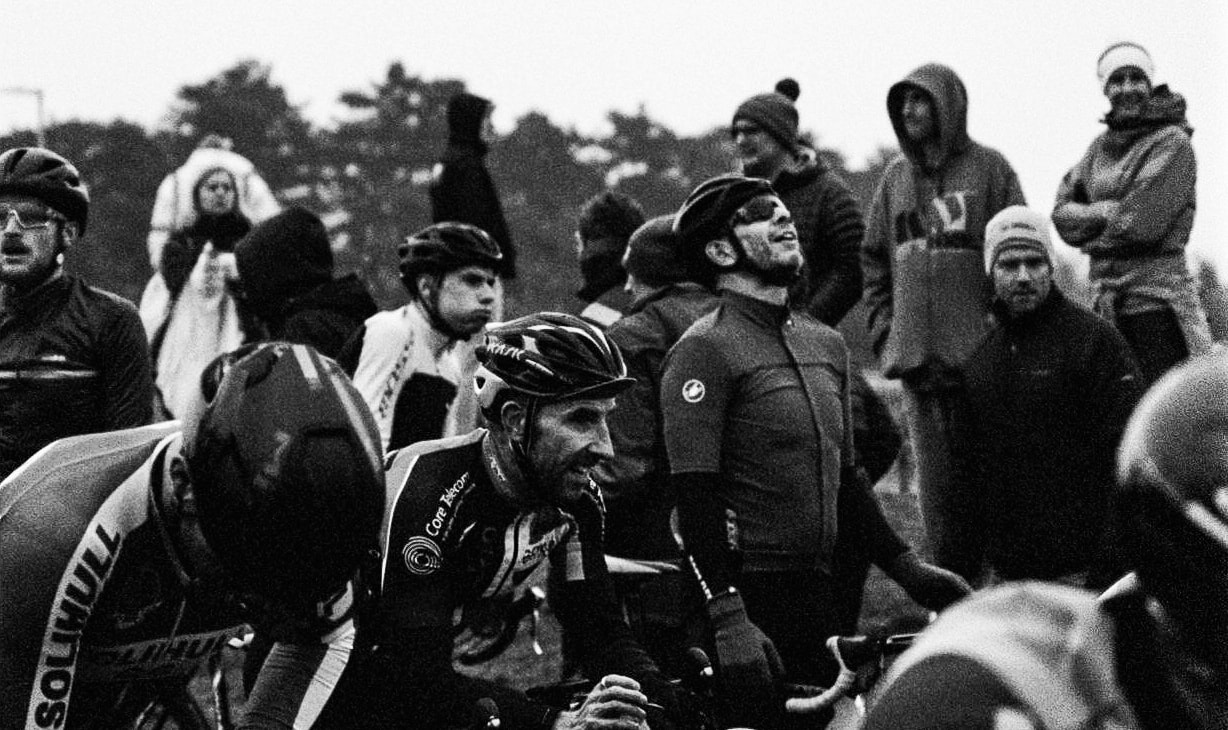
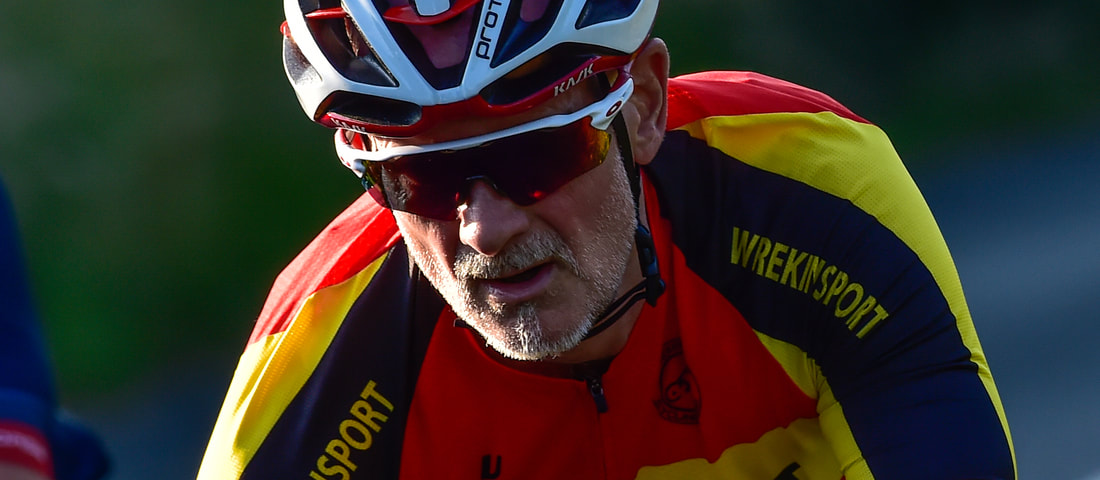
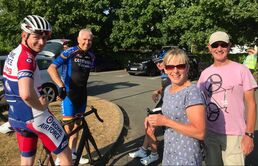
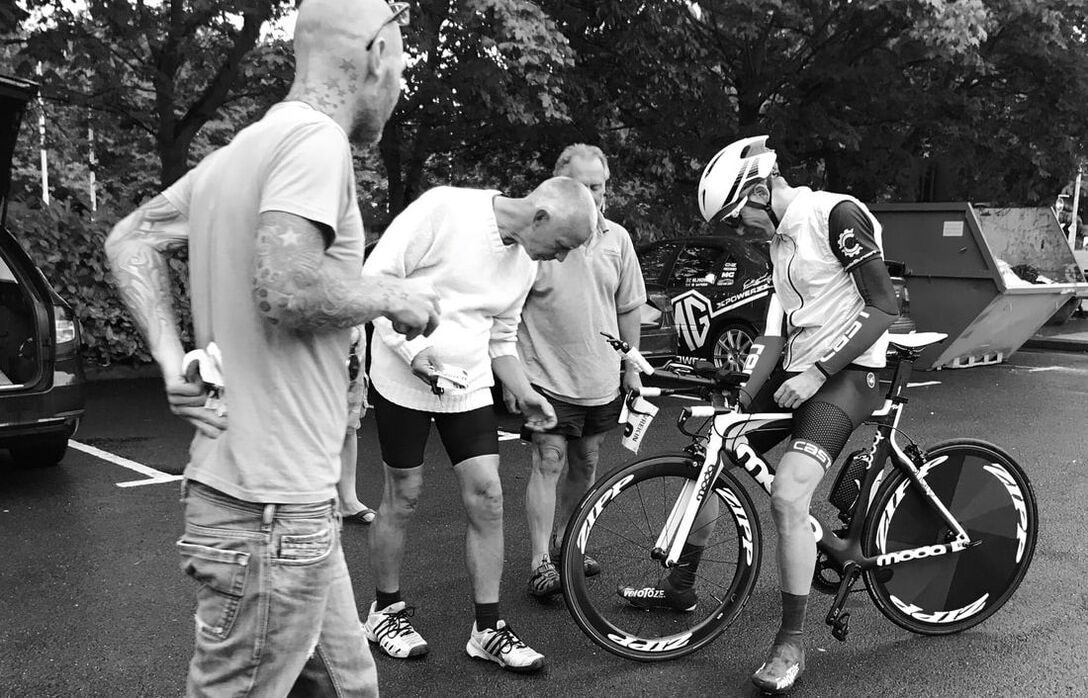
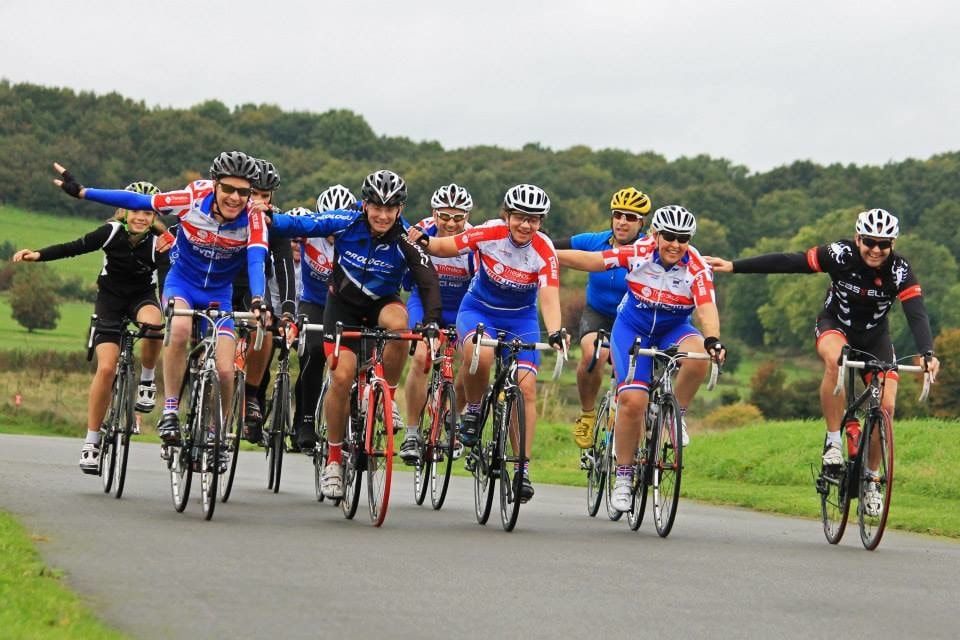
 RSS Feed
RSS Feed
